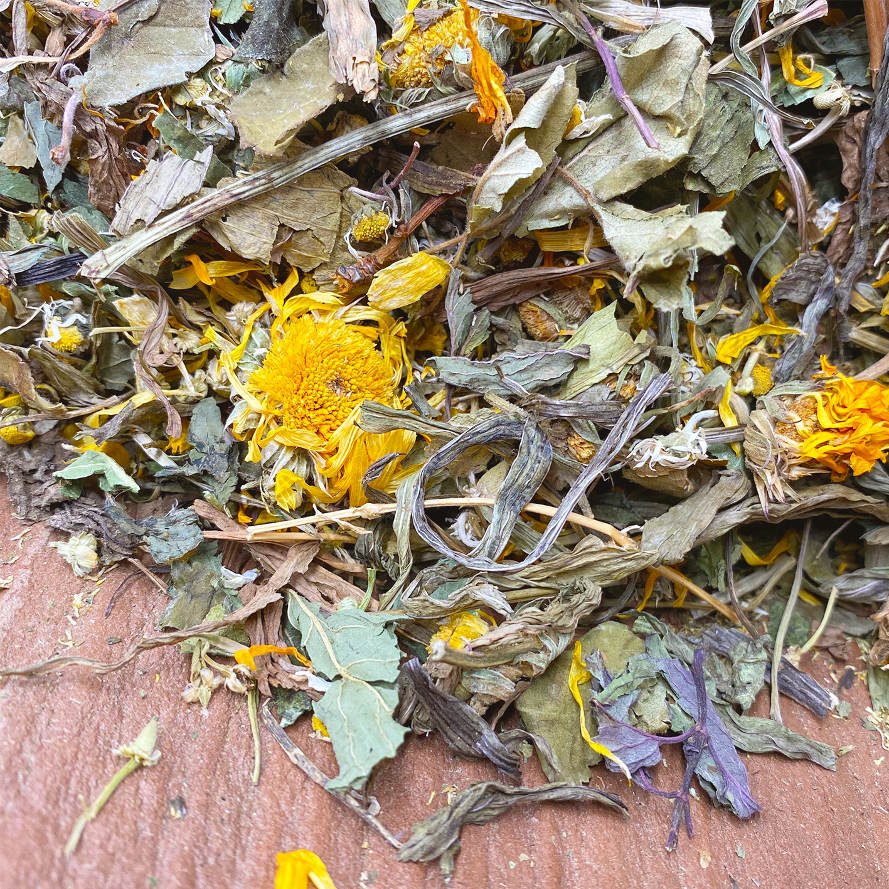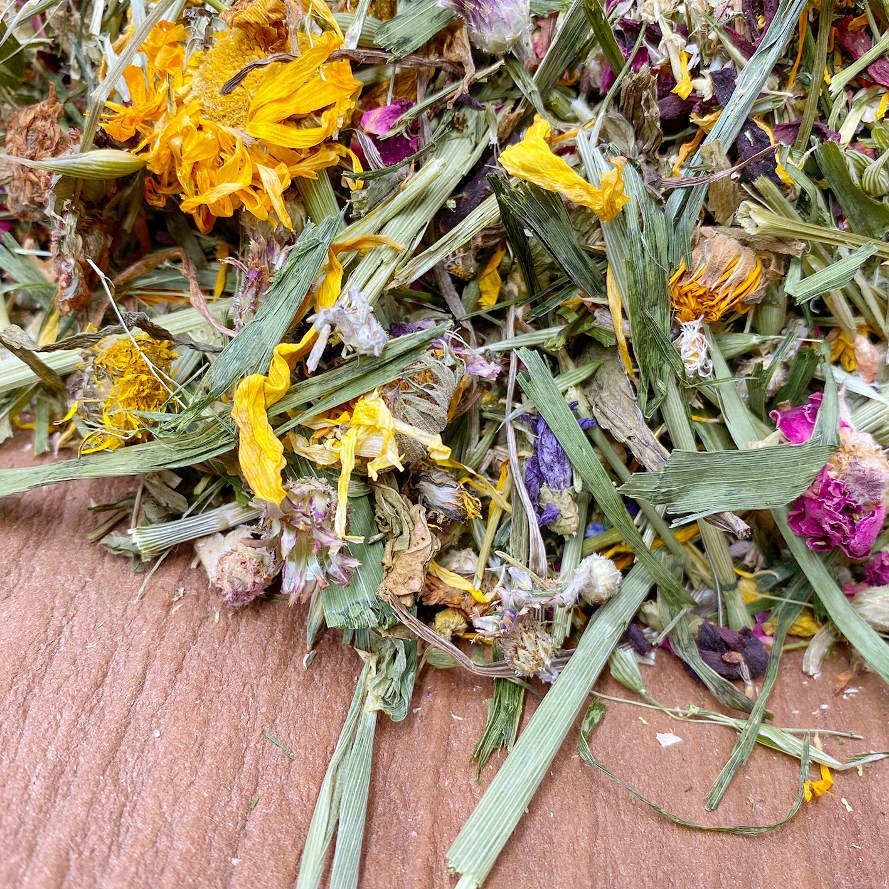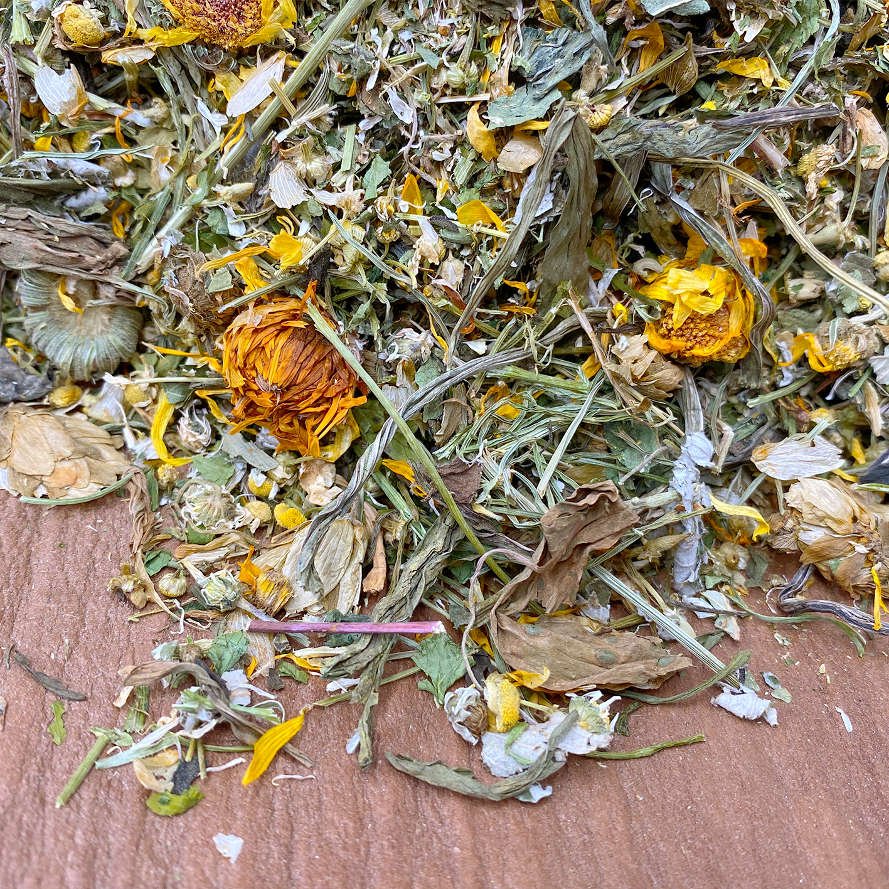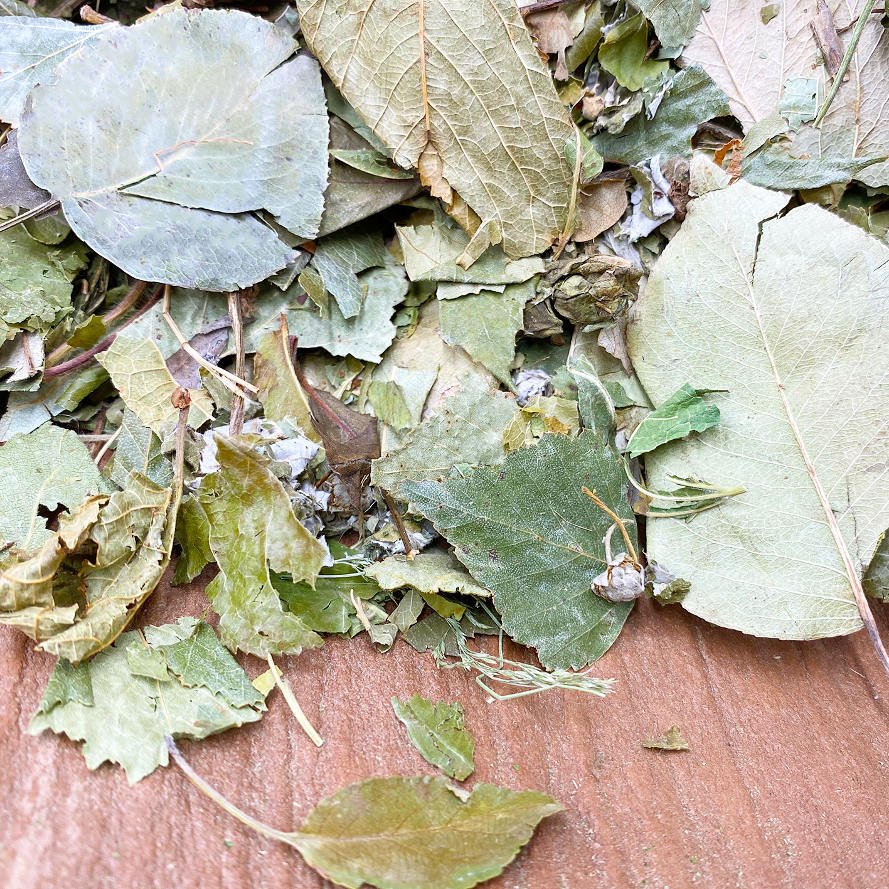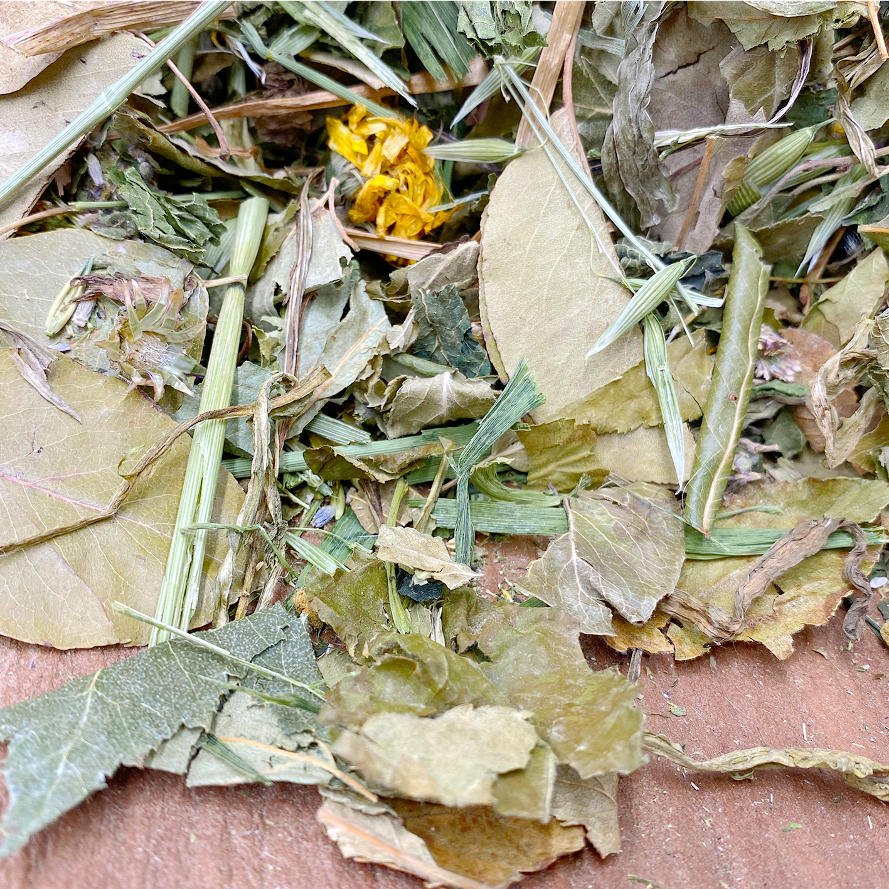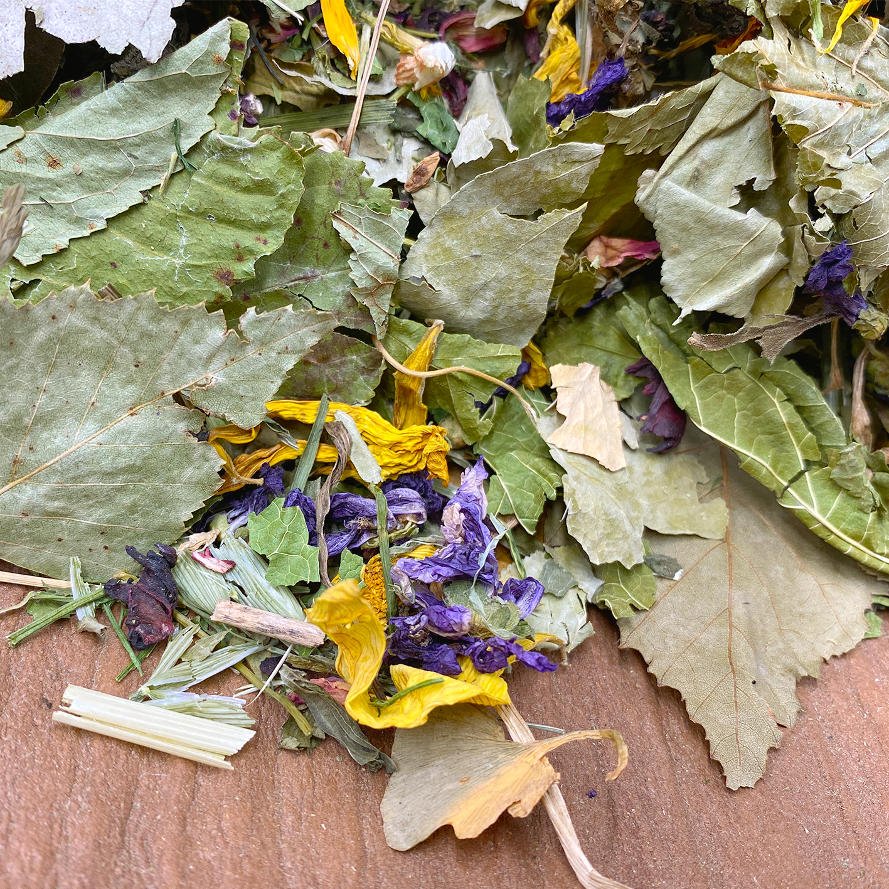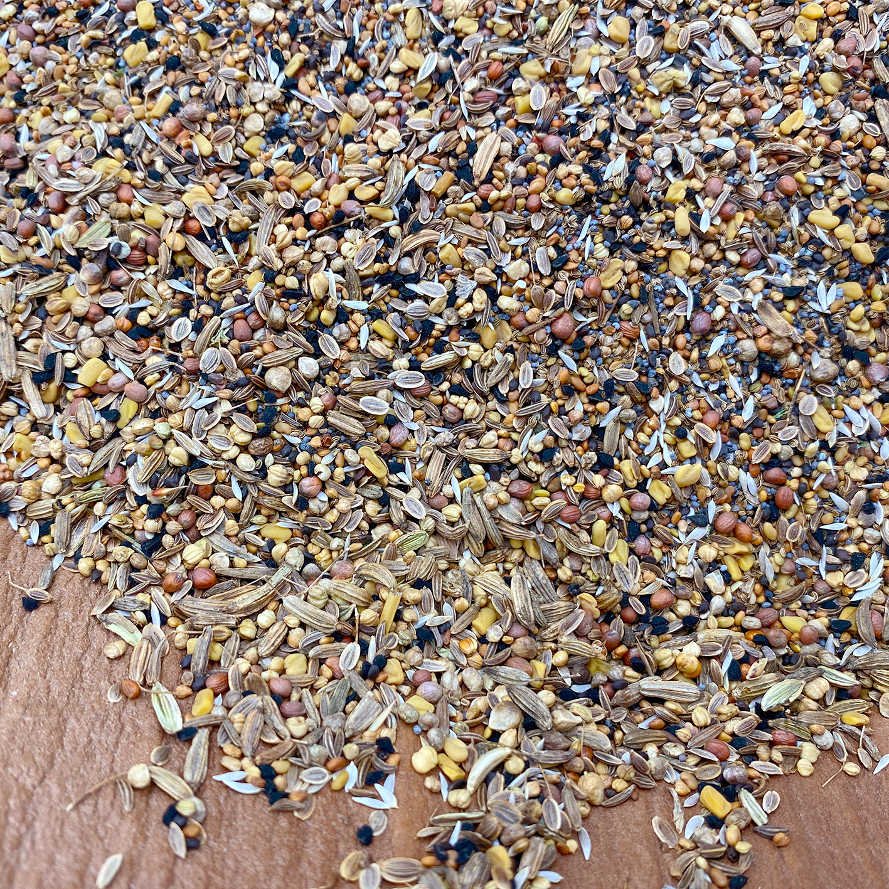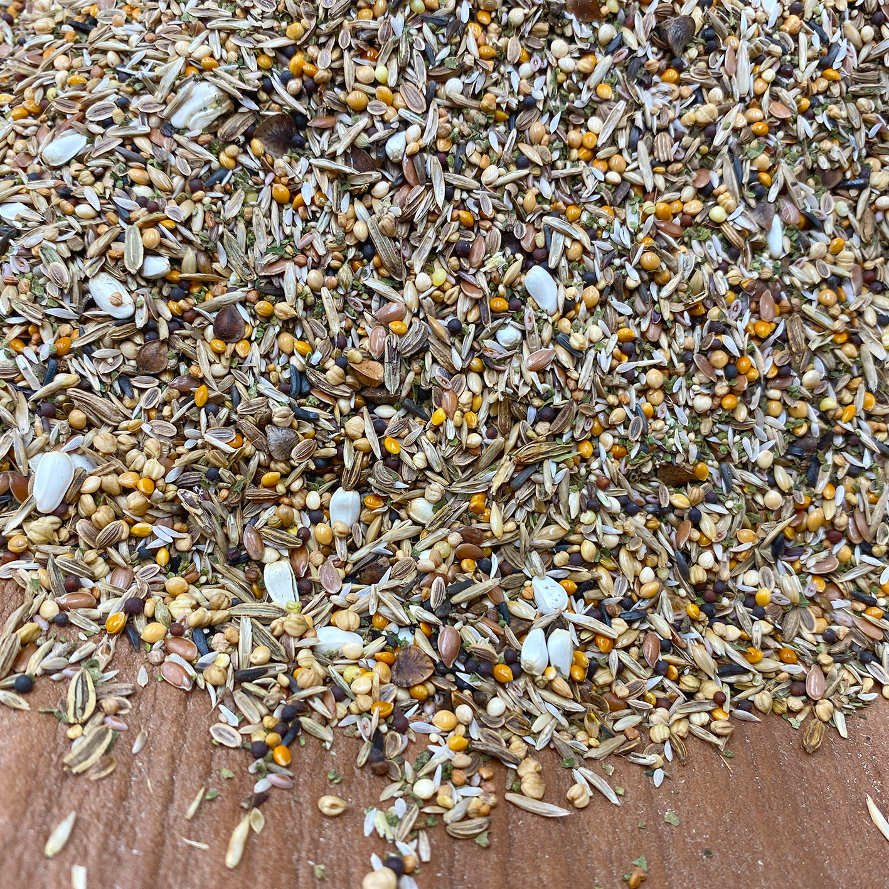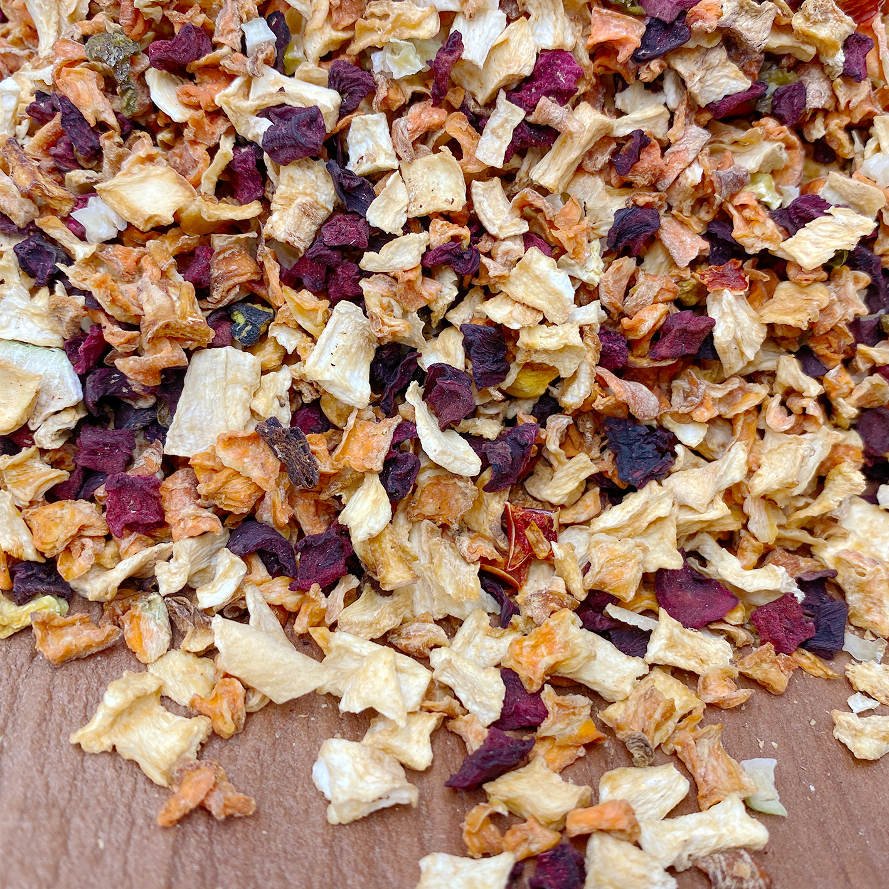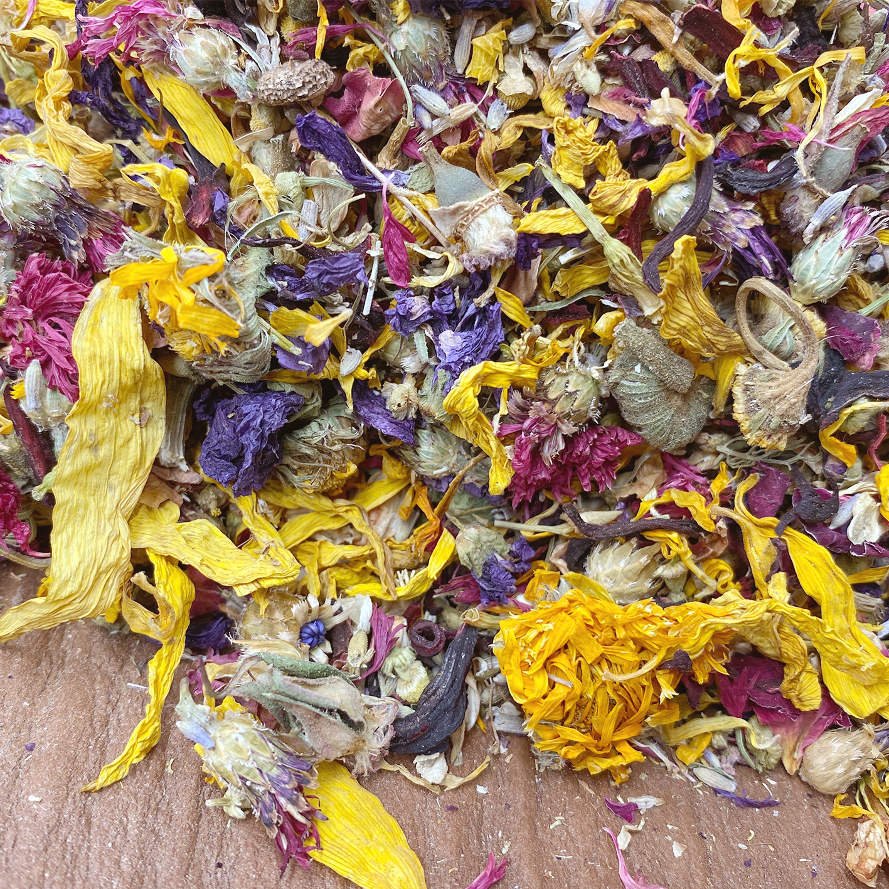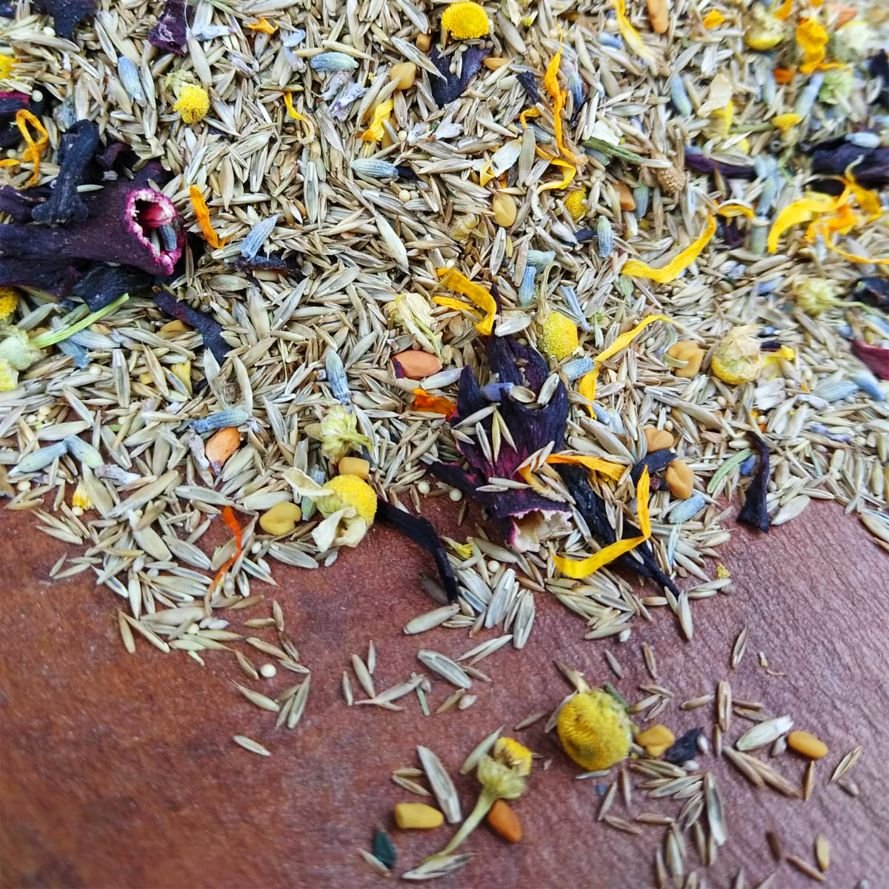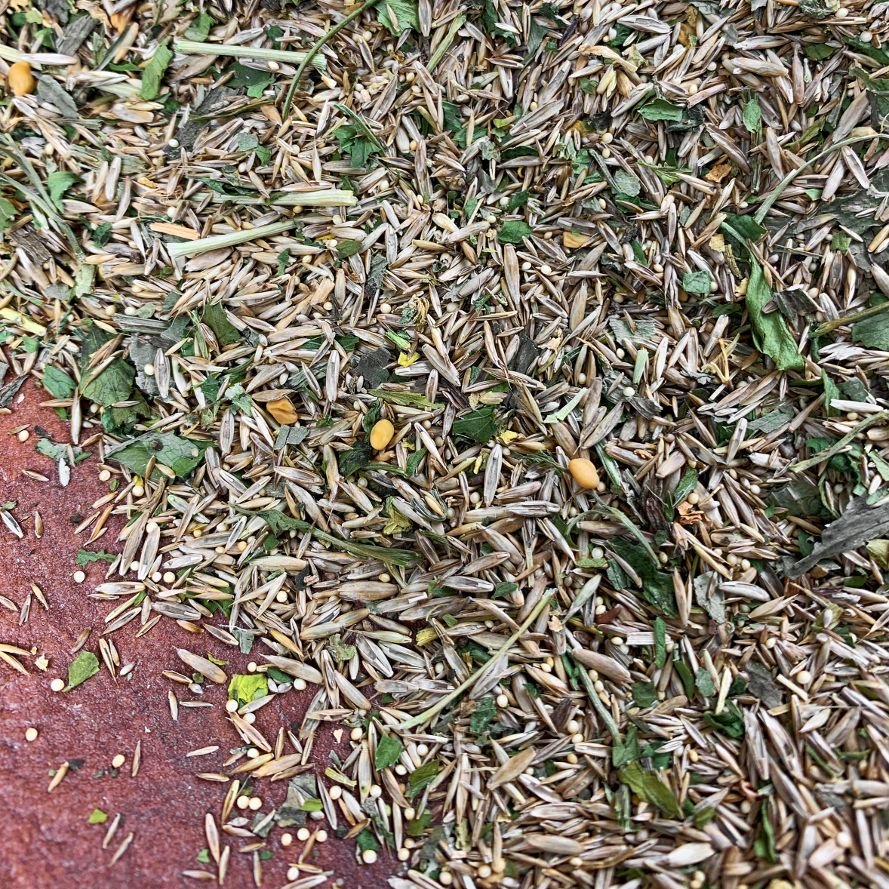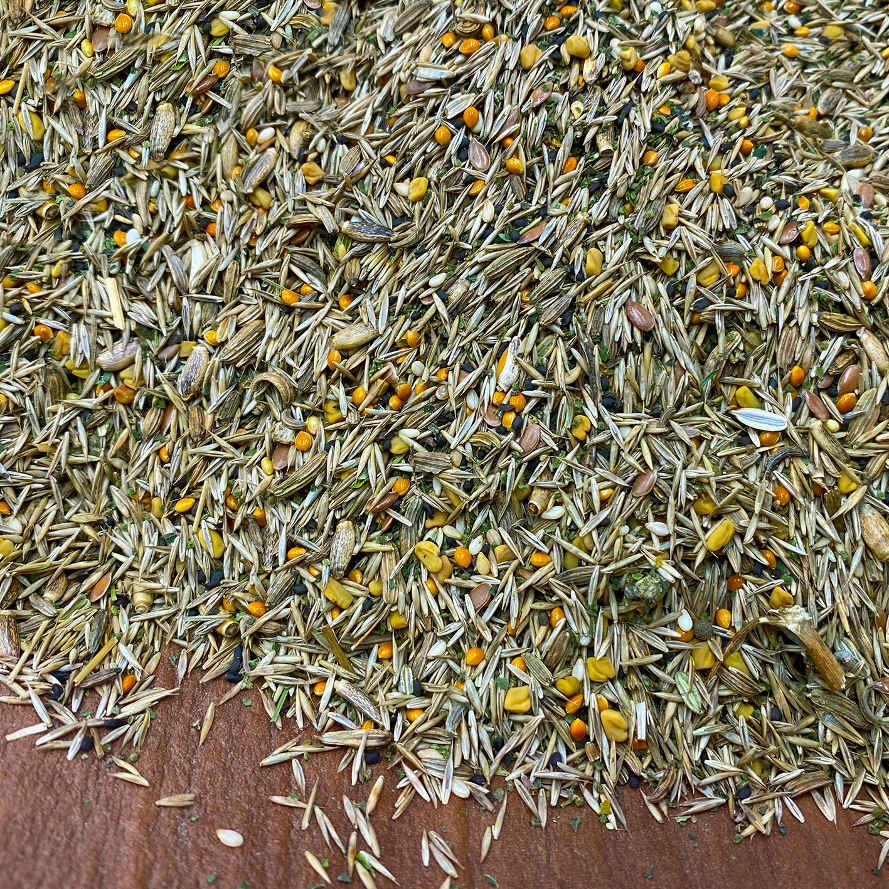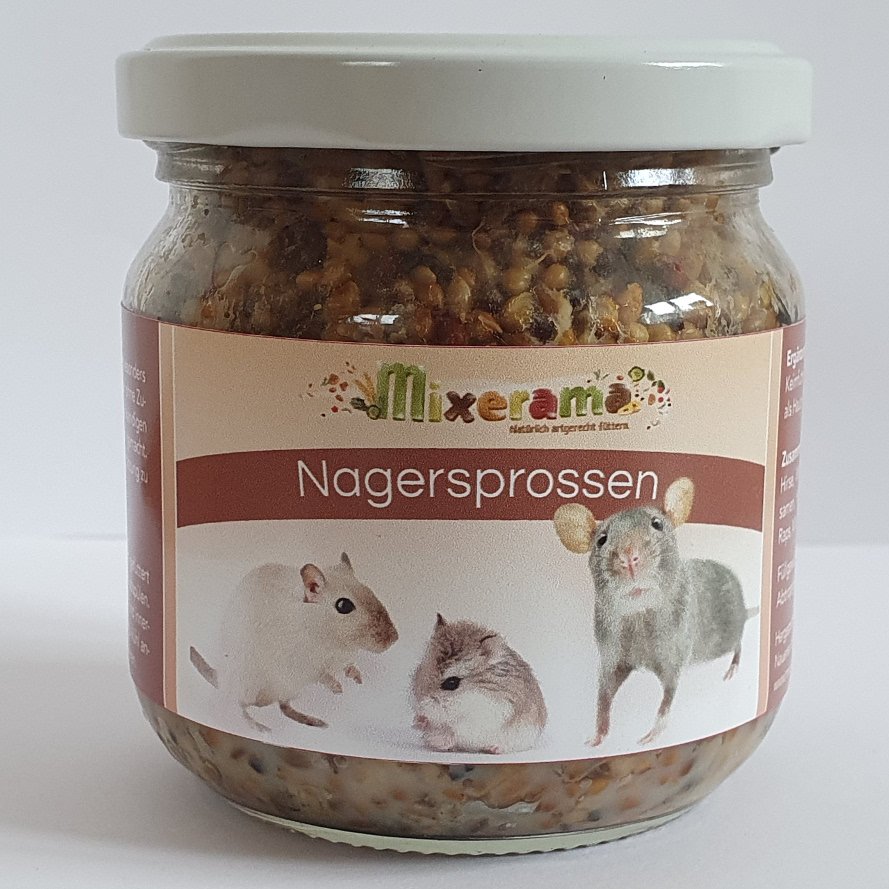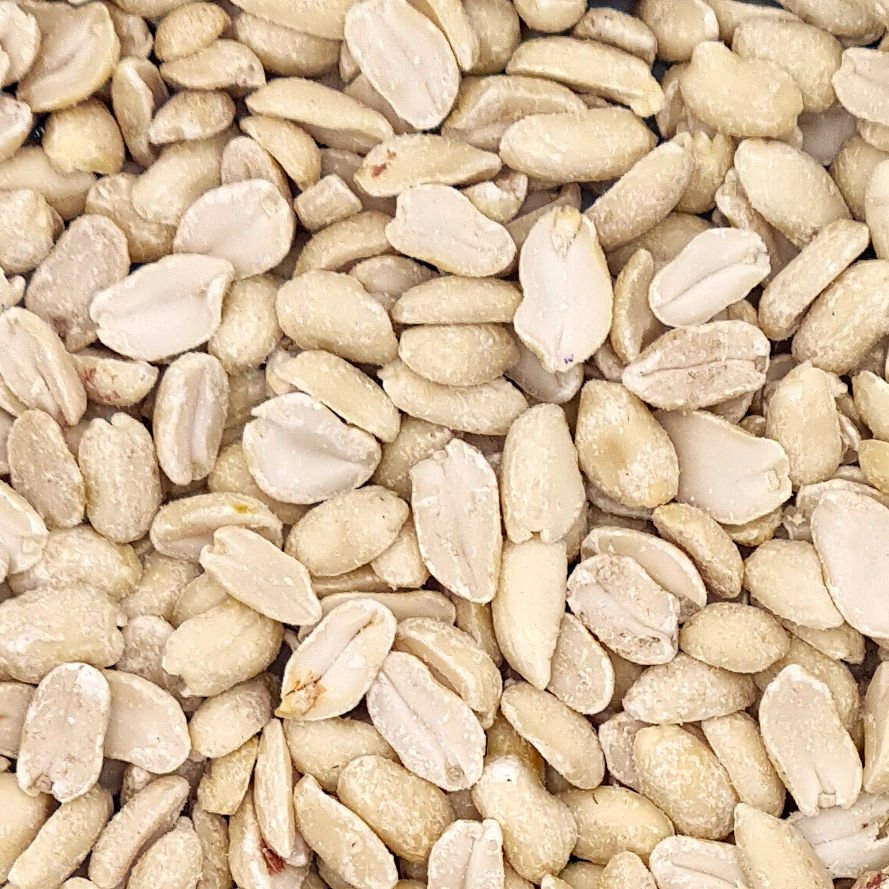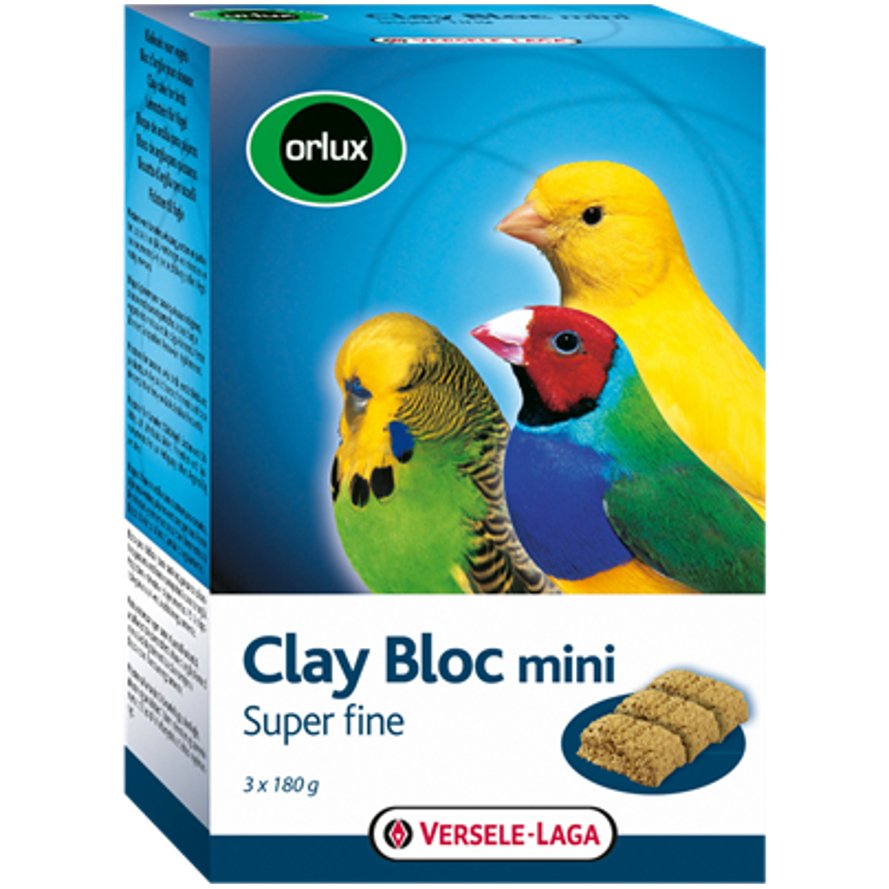
Here you can find species-appropriate, healthy degu food
Welcome to our degu world! Here you will find healthy food for the species-appropriate nutrition of your lively degus. From special degu blends with leaves and roots to essential seed mixes, our carefully selected foods provide healthy, species-appropriate nutrition for your little rodents. Buy healthy food for degus from us and help them feel healthy and happy!- expectorant and helps with expectoration
- Can also be used for inhalations
Content: 0.5 kg (€24.00* / 1 kg )
- high-quality leaves & herbal seeds from herbal medicine
- with 12 different flowers
Content: 0.5 kg (€24.00* / 1 kg )
- 4 7 % flowers and 53 % herbs and weeds
- Strengthens the immune system in a natural way
Content: 0.5 kg (€24.00* / 1 kg )
- Blätter heimischer Obst- und Laubbäume
- mit gesunden Unkräutern
Content: 0.5 kg (€21.00* / 1 kg )
- native fruit tree leaves
- with herbs, weeds and flowers
Content: 0.5 kg (€20.00* / 1 kg )
- Recipe according to SAB of the Degus International Community
- with herbs, leaves and flowers
Content: 0.5 kg (€22.00* / 1 kg )
- Seeds according to SAB of the Degus International Community
- High-quality oilseeds
- made from 100 % diced vegetables
- vitamin-rich supplementary feed & healthy treat
- With 9 different flowers from natural medicine
- Flowers can also be used for tea
Content: 0.1 kg (€45.00* / 1 kg )
- improved recipe of grass and flower supplement
- 5 varieties of grass seed and 4 varieties of flowers
Content: 0.5 kg (€19.00* / 1 kg )
- 6 different grass seed varieties with fine herbs
- millet and grain-free
Content: 0.5 kg (€19.00* / 1 kg )
- Improved recipe of the Health Extra
- High-quality herbal seeds known from herbal medicine
Content: 0.5 kg (€20.00* / 1 kg )
- ready-to-use sprouted food for hamsters, mice and rats
- Important nutrients, minerals and vitamins
Content: 210 Milliliter (€2.62* / 100 Milliliter )

